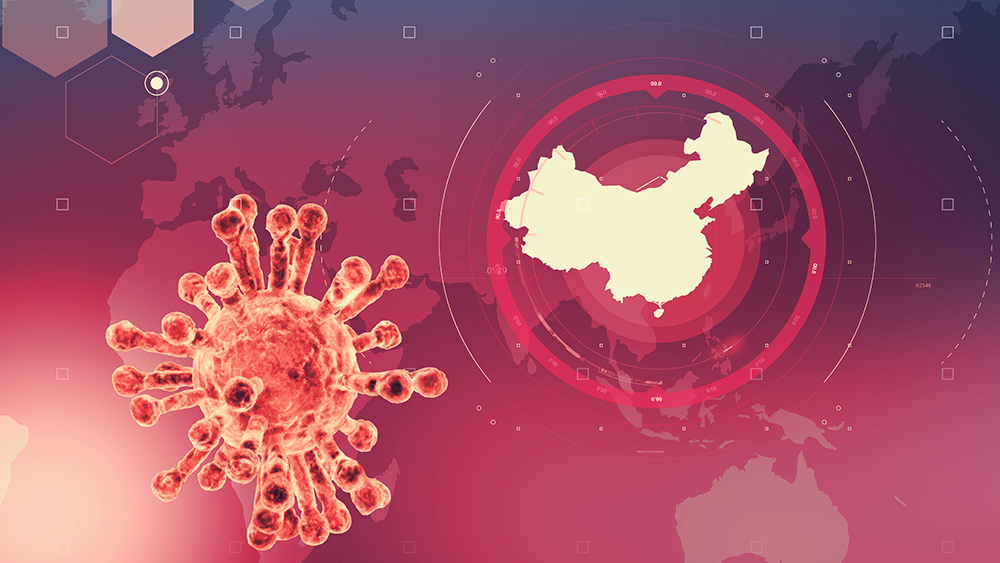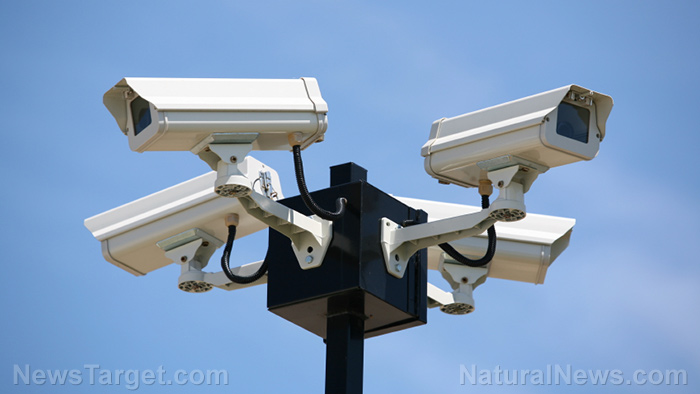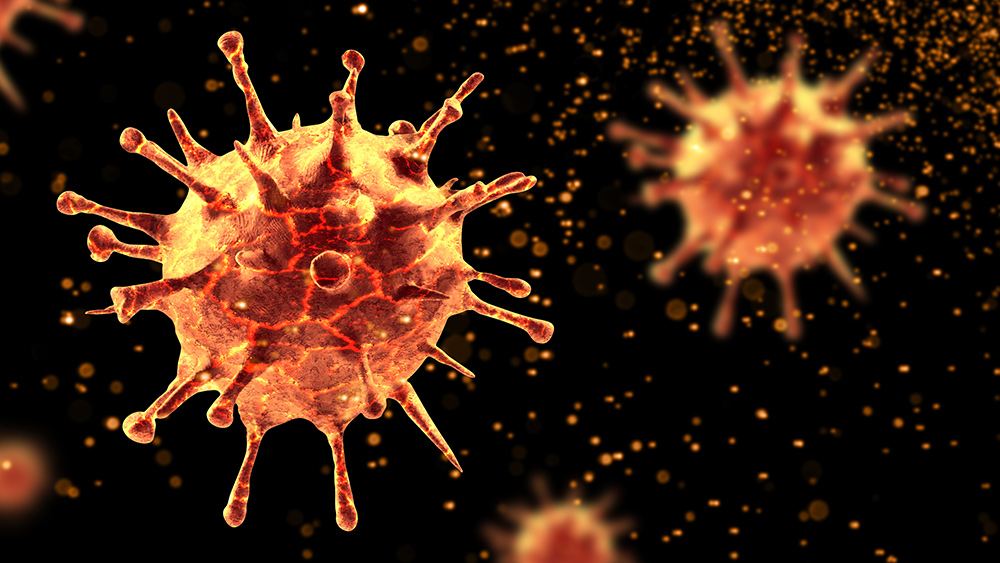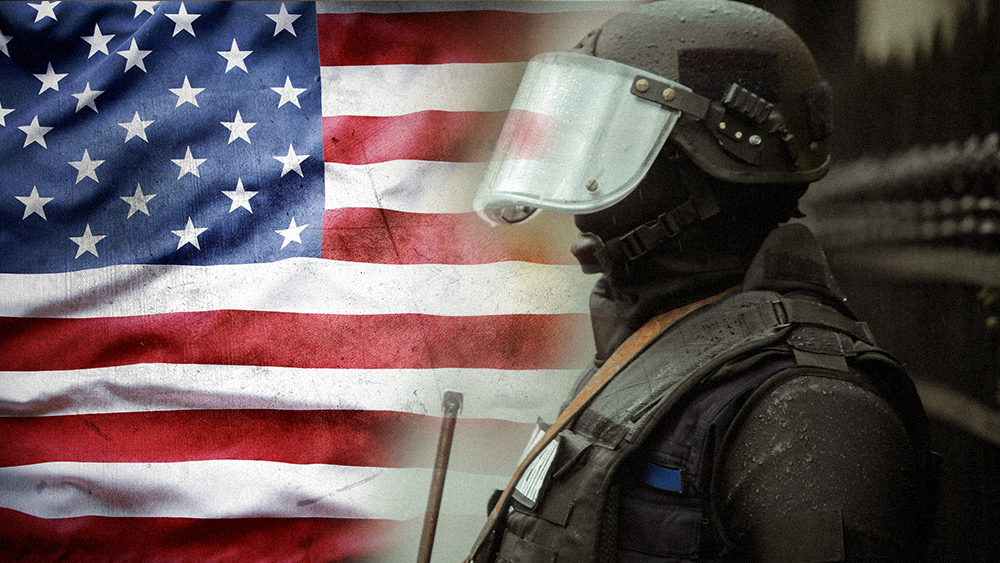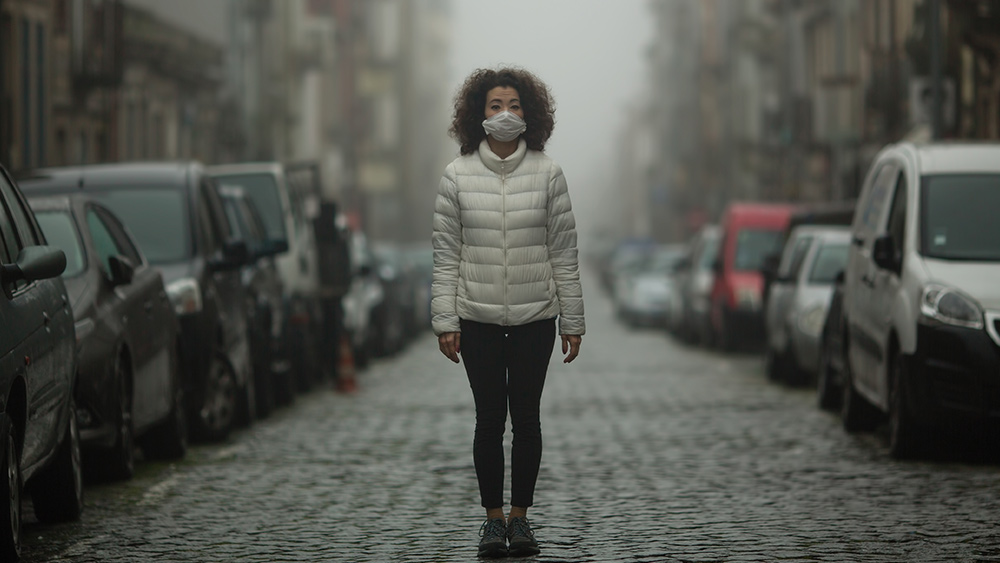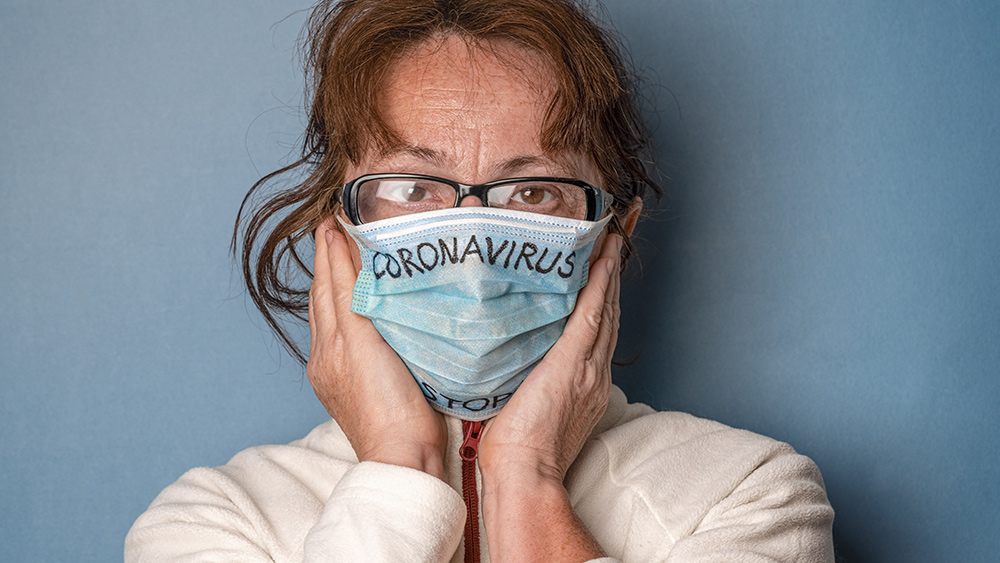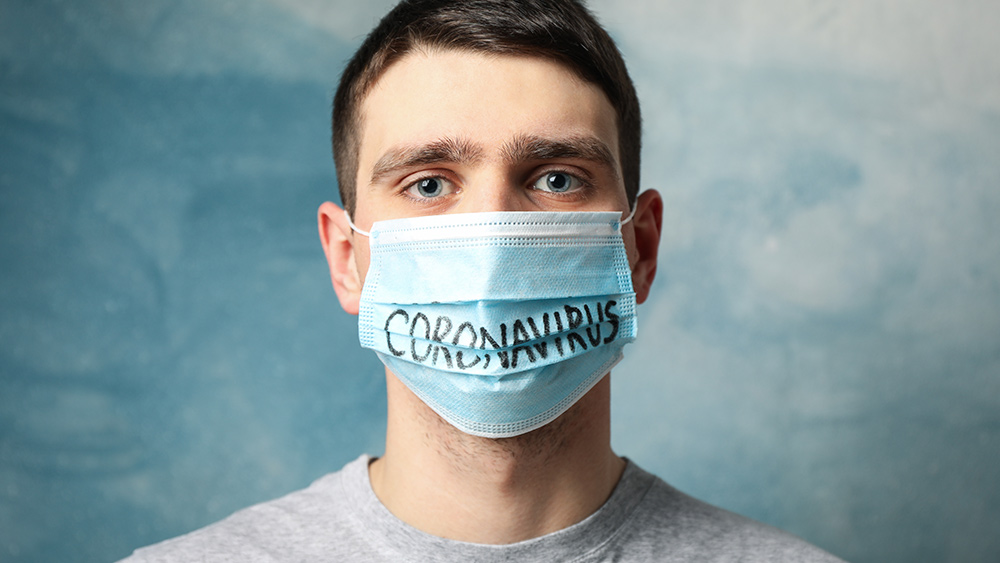Cities using creepy “pandemic drones” to identify people with coronavirus
04/10/2020 / By Isabelle Z.
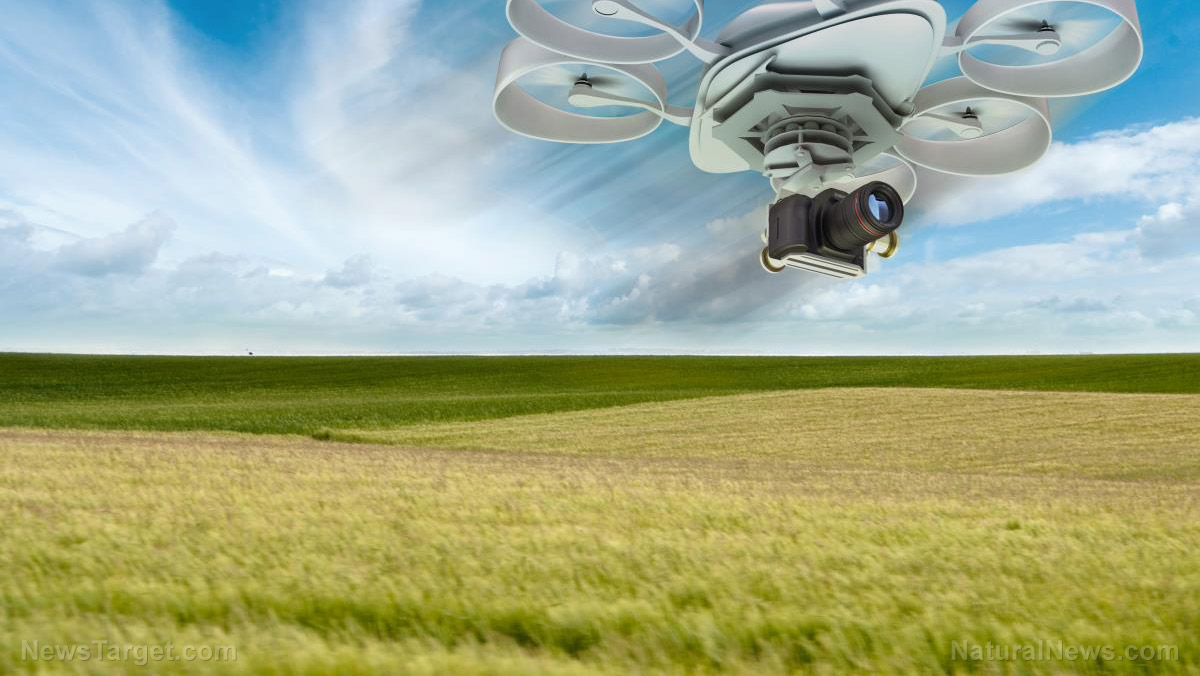
Some governments and businesses are making use of drones in response to the current coronavirus pandemic, but some of the potential applications are a serious invasion of privacy.
While using drones to safely deliver food and supplies to some remote areas of China seems like a reasonable enough use, drones that can detect fever and coughing are raising more than a few eyebrows.
The Australian government is poised to deploy “pandemic drones” that they say can remotely monitor potential coronavirus cases. The drones come from Canadian drone manufacturer Draganfly, and they are equipped with specialized sensors and computer vision systems that can measure the heart and respiratory rates of people in crowds, workforces, airports, care homes, cruise ships, at-risk groups, and other places where groups are congregating. It can also detect a person’s body temperature and whether they are sneezing or coughing.
Draganfly is teaming up with the Australian Department of Defence Science and Technology group and the University of South Australia to deploy the drone as part of their “Vital Intelligence Project.”
Proponents say that health and respiratory monitoring can help understand health trends and ensure public safety. Draganfly Director Andy Card, a former White House Chief of Staff and Secretary of Transportation, said: “As we move forward, drones and autonomous technology doing detection will be an important part of ensuring public safety.”
Draganfly CEO Cameron Chell told Digital Trends that the drones are going to be deployed at several hotspots, although it’s not yet clear precisely when they’ll be put into action. The algorithms for measuring are still being refined. He added that the firm’s pandemic drones have attracted lots of interest across a range of industries.
University of South Australia Professor Javaan Chahl said that although they’d always believed this technology could be used for a situation like the one we’re seeing now, they thought it was something that wouldn’t be needed any time soon.
He said: “Now, shockingly, we see a need for its use immediately, to help save lives in the biggest health catastrophe the world has experienced in the past 100 years.”
He added that while it might not be useful for detecting every case of COVID-19, it could serve as a reliable tool to note the presence of the illness within a large group of people.
Meanwhile, U.S. startup Kogniz has recently launched a camera enabled with artificial intelligence that can scan groups entering facilities and identify those who have high temperatures.
The company’s co-founder, Daniel Putterman, said that they can provide temperature detection for crowded environments so that people can be identified for further checks. The Health Cam device detects a person’s skin temperature in real time from less than five meters way using the area near a person’s eyes. According to Kogniz, 12 major customers are already using their technology across different sites with multiple cameras.
Drones already being used in coronavirus fight around the world
Drones are already being used in many countries as another tool to help fight COVID-19. In China, drones that were once used for spraying pesticides are now being used to spray disinfecting chemicals in certain public spaces. They’re also being used there to transport medical samples in a way that keeps human contact with the samples down and speed up the processes of testing and results.
In Spain, police are using drones to warn people they need to stay at home and order them to leave public parks. France has also joined the trend, with drones flying over the city center of Nice urging people to keep their distance and stay home unless it’s an emergency. Israel is using drones to enforce restrictions on movement, while Jordan and Kuwait are also using drones with loudspeakers to order people to stay inside.
Few would argue with the need to encourage people to adhere to social distancing guidelines during this dangerous time, but just how far will this drone technology and enforcement ultimately go?
Sources for this article include:
Tagged Under: Australia, China, dangerous tech, Draganfly, drone, drones, infections, Liberty, Orwellian, outbreak, pandemic, privacy watch, surveillance
RECENT NEWS & ARTICLES
COPYRIGHT © 2017 BigTech.news
All content posted on this site is protected under Free Speech. BigTech.news is not responsible for content written by contributing authors. The information on this site is provided for educational and entertainment purposes only. It is not intended as a substitute for professional advice of any kind. BigTech.news assumes no responsibility for the use or misuse of this material. All trademarks, registered trademarks and service marks mentioned on this site are the property of their respective owners.



